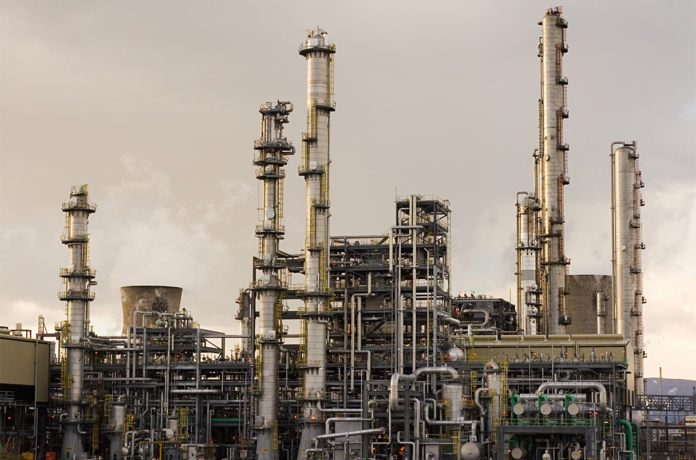A government committee formed by the Prime Minister has recommended that the Oil and Gas Regulatory Authority (Ogra) and the Petroleum Division reconsider penalties imposed on refineries for non-compliance with Euro-II fuel specifications, The News reported.
The committee, led by Petroleum Minister Ali Pervez Malik, highlighted that the current penalties have proven ineffective, as most refineries continue to pay fines rather than upgrading their facilities.
The committee was formed to address the low offtake from local refineries and, in a recent meeting, observed that despite the notification of Euro-II fuel specifications in 2017, most refineries still fail to meet the standards. Refineries, instead of improving operations, have preferred to pay fines, indicating that the penalties are not enough to incentivize change.
Minister of State for Finance Bilal Azhar Kiani questioned whether the government should continue tolerating this situation or push refineries to improve fuel quality in the short to medium term to reduce environmental and public health risks, while also addressing sales tax exemption concerns.
Ogra chairperson informed the meeting that letters had been sent to refineries asking for input on increasing penalties for substandard fuel production. However, refinery representatives have cited financial and operational constraints as reasons for their continued non-compliance, warning that higher penalties could harm their economic viability.
Recognizing the strategic role of refineries in meeting national fuel demand, Ogra suggested a phased, consultative approach, proposing a five-year upgrade plan under the Refining Policy 2023. This would depend on resolving longstanding issues, such as sales tax exemptions, and would align environmental goals with economic realities.
Syed Mustafa Mahmud, chairperson of the National Assembly Standing Committee on Energy, raised concerns about the health impacts of harmful additives like MMT and NMA. He proposed introducing an environmental cost per litre of fuel and emphasized the need for greater public transparency in the sector. Mahmud also criticized the inertia in the sector, suggesting that refineries may continue to avoid upgrades despite fiscal changes, citing the global shift toward electric vehicles and cleaner energy.
Mahmud recommended importing high RON motor spirit (MS) for blending with locally produced lower RON fuel as an alternative to using harmful additives.
The cabinet secretary warned that increasing penalties without addressing the core issue of sales tax exemption could worsen the financial situation of refineries. He suggested that a symbolic increase in fines would likely fail to change behaviour and instead reinforce the status quo.
The meeting also revealed that financial closure for upgrade projects at two refineries remains stalled due to the unresolved sales tax exemption issue. A recommendation was made to allow the blending of high RON MS to meet specifications and to set a clear five-year deadline for all refineries to upgrade. After this period, production of sub-Euro-V fuels would be banned.




